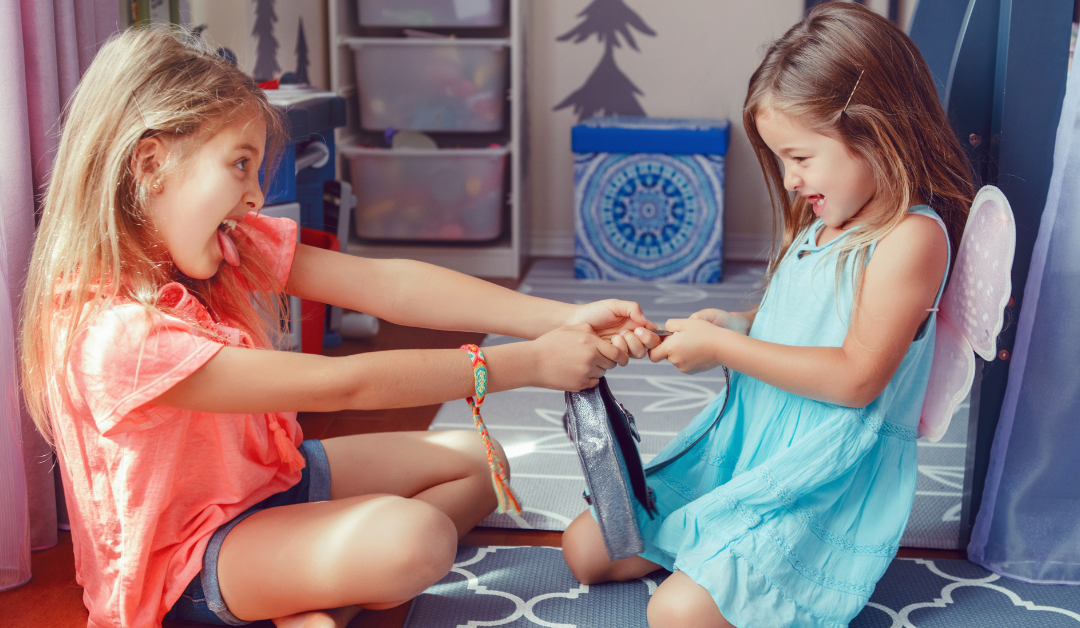How do children learn to resolve problems or conflicts that arise? Do teachers show them a systematic approach to resolving these challenges or do they jump in to resolve them for children? Often, adults give broad dictates to “work it out,” or worse, dole out punishments when conflicts arise with no opportunity for reflective thinking and collaborative solution efforts. This does not teach children the important skill of resolving challenges.
In this training, teachers will receive information from the latest research in brain science about what to expect from children in conflict, how to teach them steps for problem solving and conflict resolution, and ways to individualize these steps based on the child’s developmental stage and ability.
Most importantly, the teacher will learn their role as the facilitator versus police officer, judge, or referee as they teach children how to think through their problems, express their feelings, and come up with solutions alongside their peers.

